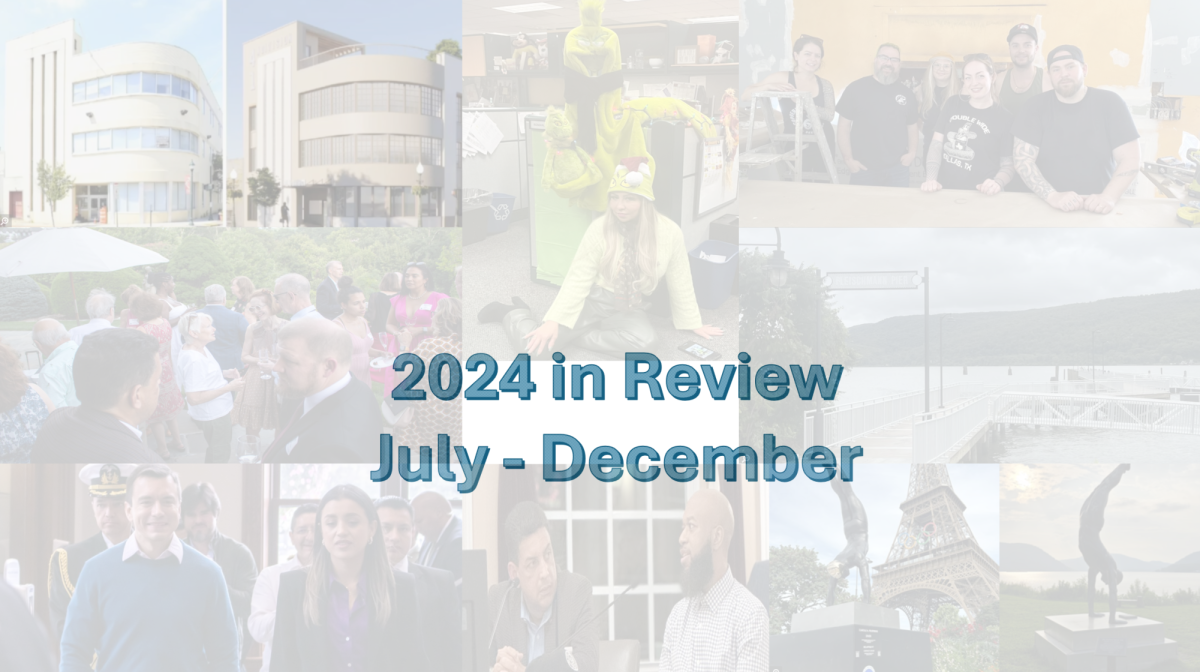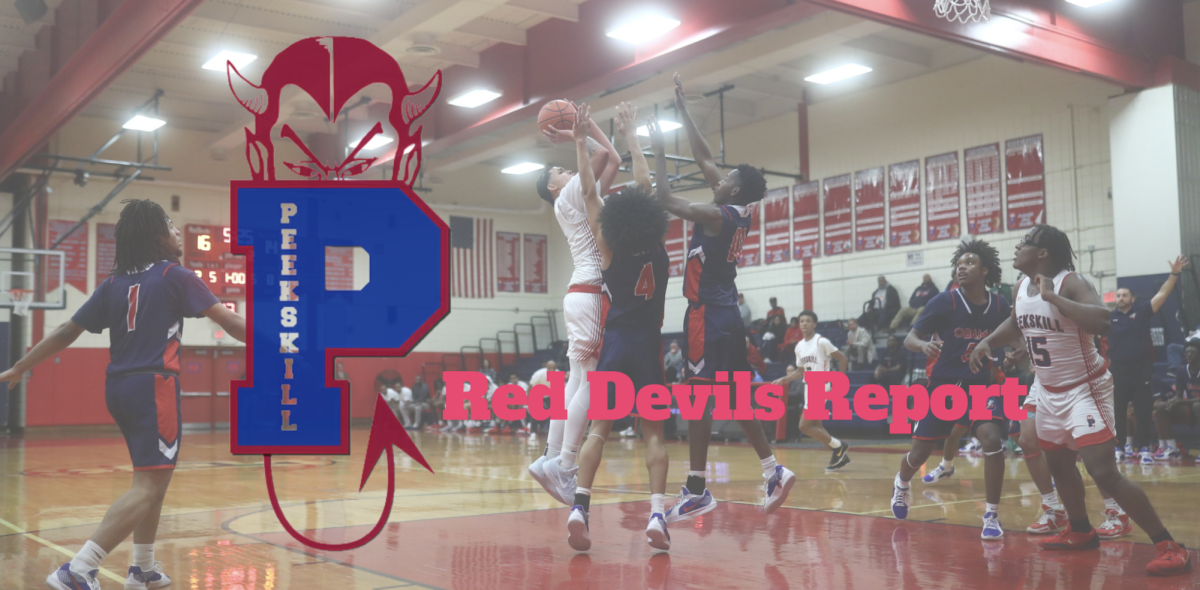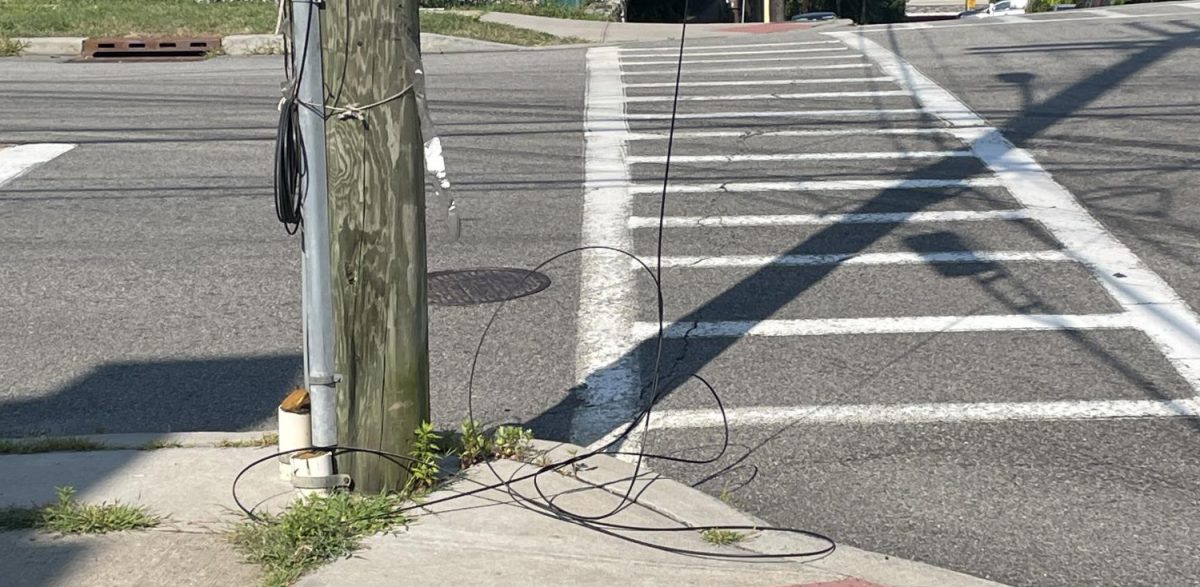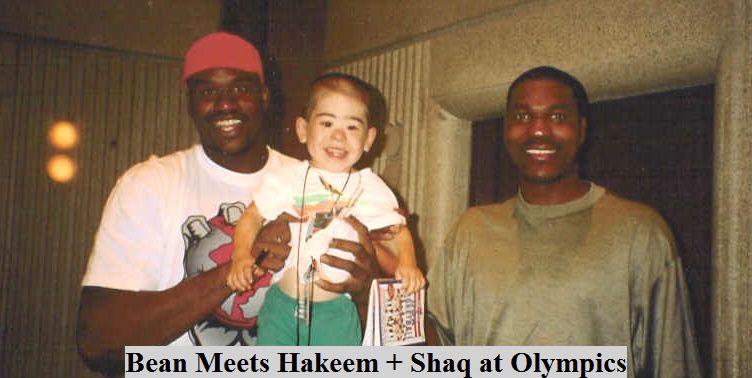Editor’s Note: The author is married to Reginald Johnson, former judge in the city of Peekskill.
This season of my life has been one of the greatest challenges my family and I have faced. During this season we have had several family discussions. During one conversation my daughter shared that while she understood that as Christians we must forgive and even turn the other cheek at times, she considered it to be “so boring.” She went on to say that she does believe we should forgive, pray, and ask God to get involved and help us to move on, however, sometimes I just want to “get my lick back.”
This was a phrase coined by artist Cardi B. I understood what my daughter was saying. If I am honest, far too often than not, I feel the same way… Pam, get your lick back! After our discussion it gave me pause, so, I dug a little deeper. Tik Tok says getting your “lick back” is when you allow the person that broke your heart or hurt you, to break your character. Getting your lick back is when you choose to become like the person who broke your heart or hurt you and you seek to get your revenge because that person did you wrong.
During seminary I studied different spiritual concepts in a book titled, “Ecologies of Faith in a Digital Age” by Stephen Lowe and Mary E. Lowe. Upon completing the text, I had to personally identify a concept that I needed to be intentional about incorporating with a greater level of fidelity. One concept for consideration was the Apostle Paul’s “one another” commands in the six spiritual dimensions of reciprocal interactions with other Christians, which included, “confess your sins to one another, pray for one another, build up one another, forgive one another, love one another and submit to one another.” (Lowe, p.185)
I decided to drill down on “forgive one another.” Forgiving a person who innocently may have offended me, is not challenging. However, when an individual or a group of individuals intentionally plots or plans to do evil or harm to me or the ones I love, that is a challenge for me to forgive.
Forgiveness is a major pillar of the Christian faith. This is so important because as a believer, if I cannot forgive a person(s), I run the risk of a root of bitterness setting into my heart (See Hebrews 12:15).
Unfortunately, far too often I want to wage war with the individual(s) who may have hurt me, betrayed me, did me wrong or wronged someone I love. However, I must remember that my fight is not with that person(s) but rather the spirit influencing the actions of that individual(s).
The Apostle Paul reminds us that “our struggle is not against flesh and blood….” (See Ephesians 6:10-13). I am in no way giving that individual(s) a pass. Because we all have the free will of choice and with that, the choice to do what is right or what is wrong. It is a matter of the heart’s intent.
None of us are exempt from being influenced by the enemy, even as born-again believers in Christ. Consider the disciple Simon Peter. He was influenced by God when he responded accurately to Jesus asking his disciples, “who do men say I am?” And then a few verses later the same Simon Peter rebukes Jesus when Jesus communicates to his disciples that he will be killed. Simon Peter came under the influence of the enemy and Jesus says to Simon Peter, “Get thee behind me Satan…” (See Matthew 16:13-23).
It is necessary for me to balance that understanding with personal self-examination. Was there something I could have potentially done that may have contributed to the situation or circumstance I find myself in? If so, I need to repent. Secondly, I need to ensure that I am operating inside the will of God and not outside of it. Once forgiven, I can rest knowing that I am covered by God and God will forgive me. Why? Because God honors God’s word. (See Psalms 138:2).
Considering forgiveness, I am reminded of the greatest example in that of Jesus when he says, “Father, forgive them, for they know not what they do…” (Luke 23:34). Jesus, who was without sin, left his throne in Heaven to become a man, carry the sins of humanity, and die for humanity so we could be forgiven and reconciled back to God. To think God loved His only son and said to him, I love man too and I desire for them to have a relationship with me. So, Jesus, I need you to go to earth, be the perfect example for them, the perfect sacrifice and die for them, so they can be reconciled back to me. What a wreckless love (See John 3:16).
Considering this kind of love for me, with the help of the Holy Spirit I can forgive. I can pray for that person(s). I can step aside and allow God to conduct God’s word concerning my situation.
For the bible says in Romans 12:19, “Friends, do not avenge yourselves instead, leave room for God’s wrath, because it is written, vengeance belongs to me, I will repay says the Lord.” So, my prayer for them is simple, “Lord have mercy.” With that prayer, I rest in the Lord because I “know that all things” (the good, the bad and the ugly) “work together for good to them that love God and are the called according to his purpose” (Romans 8:28).
As Christians there should be a difference between “us and them,” as we are the salt and light of the world. When we do life with Jesus Christ, we become a light in a dark world. The victory that we demonstrate in our daily lives (even through the successes and failures) becomes an illumination that attracts people to us, causing them to want to do life the way followers of Christ do (See Matthew 5:16). I am encouraged by learning to be more forgiving, allowing God to fight for me and let my light shine. How about you?
Pamela Hallman-Johnson is an ambassador for Christ, a wife, a mother, an educator, an entrepreneur, and a graduate student in pursuit of her M. Div in Biblical Studies at Liberty University’s Rawlings School of Divinity. She holds a paralegal certification, a B.B.A. in Accounting, an M. S. in Adolescent Education, an M.S. in Educational Leadership, an Advanced Certificate in School Building Leadership, an Advanced Certificate in School District Leadership, a Professional Certificate in Race, Equity and Leadership in Schools from Harvard University Graduate School of Education’s Professional Studies Program.














